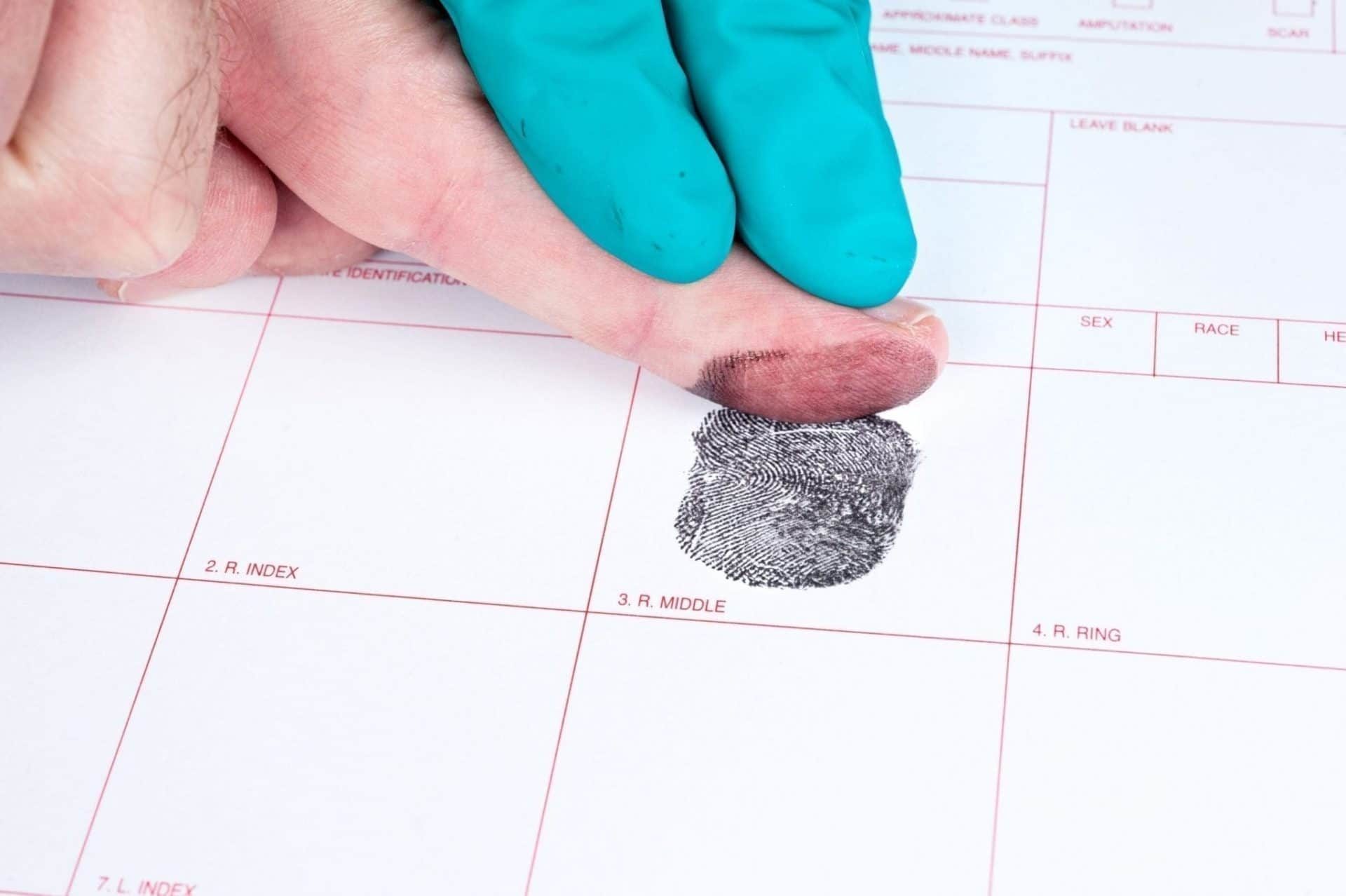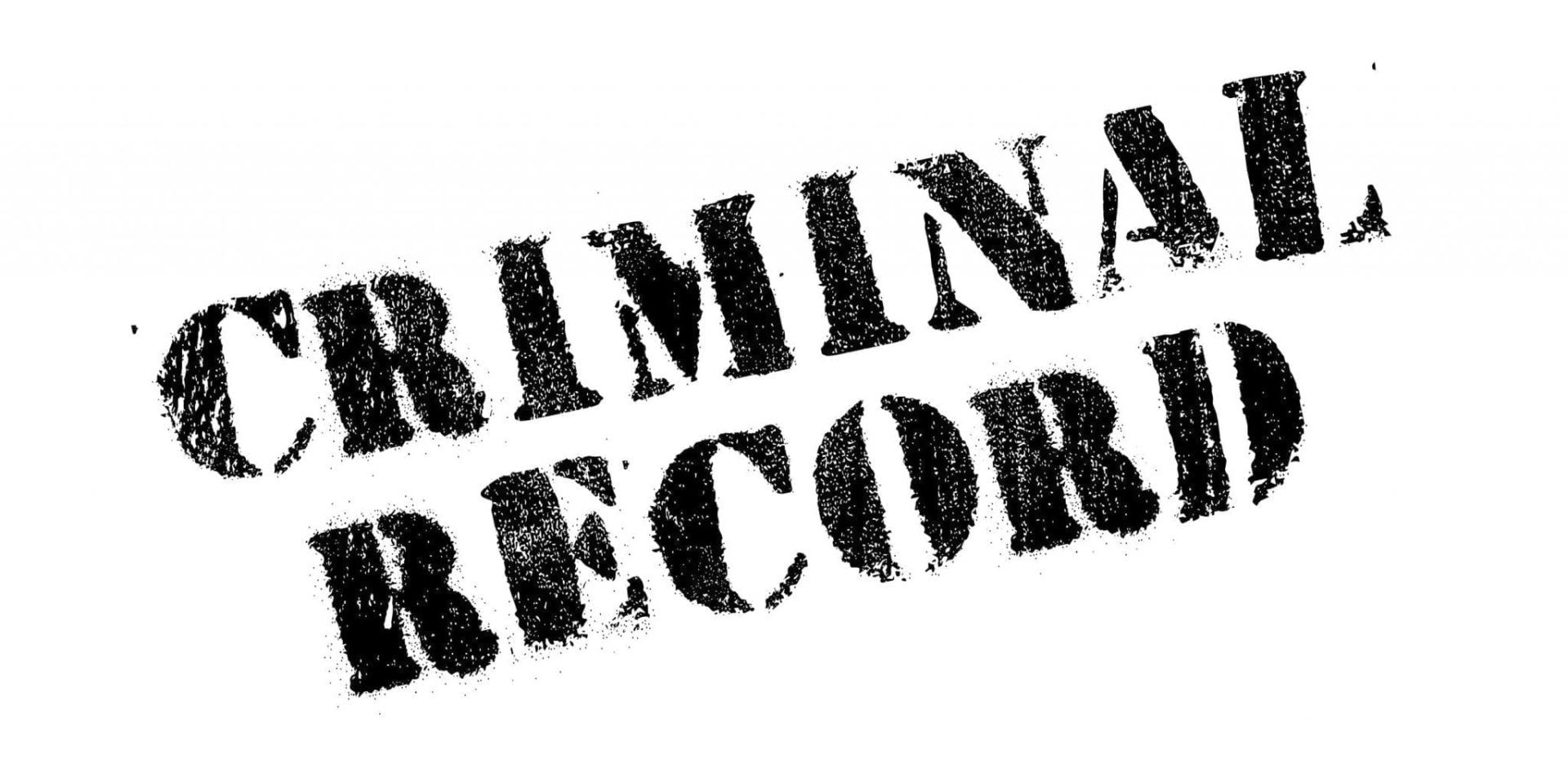Your Guide to Understanding Misdemeanors in Illinois
Facing arrest or criminal charges can be intimidating and downright confusing, especially if you have never been charged before.
Criminals face penalties and hardships that go beyond prison time. Having a mark on your criminal record can flip your life around. If you have been charged, it is important to get acquainted with the type of offense and type of charge you are facing.
In this post, we will address the ins and outs of being charged with a misdemeanor in Illinois.
Understanding Different Types of Misdemeanors
There are two types of crimes in Illinois: felonies and misdemeanors. Misdemeanors are less serious than felonies. Penalties do not exceed over one year in prison, and fines do not reach higher than $2,500. Additionally, felons face more consequences for their criminal history than misdemeanants. Despite these things, misdemeanor charges should still be taken seriously.
There are three different types of misdemeanors:
Class C Misdemeanor. This is the least serious type of misdemeanor. Penalties include up to 30 days in jail, two years of probation, and/or fines of up to $1,500. Examples of Class C misdemeanors in Illinois include:
- Assault
- Disorderly conduct
Class B Misdemeanor. Class B misdemeanors are more serious than Class C misdemeanors, but are not the most serious misdemeanor crime in Illinois. Penalties include up to six months in jail, up to two years of probation, and/or fines of up to $1,500. Examples of Class B misdemeanors in Illinois include:
- Littering
- Telephone harassment
- Aggravated speeding
Class A Misdemeanor. This is the most serious misdemeanor charge in Illinois. Penalties include up to a year in prison, up to two years of probation under formal supervision, and/or fines of up to $2,500. Examples of Class A misdemeanors in Illinois include:
- DUI
- Prostitution
- Aggravated assault
Once enough time has passed since a misdemeanor crime was committed, you will not have to worry about facing criminal charges. The statute of limitations for misdemeanor crimes in Illinois is 18 months.
Long-Term Consequences and Penalties

While felons face the loss of many rights and opportunities due to their felony status, having a misdemeanor on your record won’t result in as many long-term penalties. Misdemeanants can still vote, and you won’t have to disclose your criminal record while applying for a job, volunteer opportunity, housing, and so on.
Even though you can breathe a sigh of relief in this respect, you should still consult with a lawyer about long-term penalties for your specific crimes. Drug misdemeanants, for example, may still be denied housing for their criminal record, and domestic violence offenders are barred from the right to own a firearm whether their crime was a felony or a misdemeanor.
Things also get tricky if you are accused of or charged with another crime, or are hit with a second offense. For example, an individual will only face misdemeanor charges for a first or second DUI, but these charges are bumped up to a felony on their third strike.
Felony thresholds for theft are lower if you have been accused of past theft crimes. Having any type of misdemeanor on your record won’t do well for you in court. So it’s important to fight each and every charge that you are faced with, misdemeanor or felony.
Criminal Record Sealing and Misdemeanors

Everyone makes mistakes. Sometimes, a misdemeanor crime is the result of an accident, a misunderstanding, or just a bad part of your life. You shouldn’t have to live with your mistakes every time you face a background check, so Illinois provides opportunities to hide your record from employers, landlords, or the general public.
This process is called criminal record sealing. In order to get a criminal record sealed, the eligible offender will have to submit a request and have their case reviewed by the Illinois Prisoner Review Board. This process sometimes requires a hearing, but not always.
In order to begin this process, you must first know if you are eligible. Many misdemeanor crimes are eligible for sealing, but certain crimes must stay on your record (DUI, sexual offenses against minors, etc.). Other misdemeanor crimes require you to wait five years (and commit no other crimes) before you are eligible.
Once your record is sealed, it can’t be accessed by background checks or the public. However, law enforcement will still be able to see your criminal record if you are, for example, the suspect in a crime.
Facing a misdemeanor charge? Interested in learning whether you can seal your record? The best way to help your situation and make sure you get the most accurate, honest, up-to-date information is to reach out to a Illinois criminal defense lawyer today.
About the Author:
Andrew M. Weisberg is a former felony prosecutor who now serves as a defense attorney in the greater Chicago area. He has extensive experience in handling all types of criminal cases, from sex offenses and domestic violence to retail theft-related crimes, murder, and drug crimes.







 Blog Home
Blog Home 










